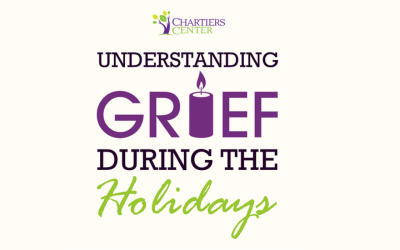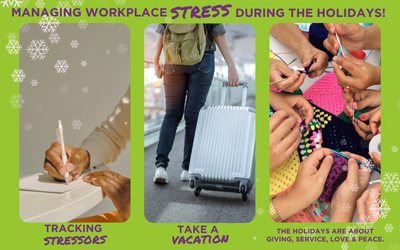By Mental Health First Aid USA on January 26, 2021
When you think about mental health, what comes to mind? Maybe you think about how you feel right now or remember a time when you felt anxious. Some people may think about self-care or wonder how many people live with a mental health diagnosis. To make this topic easier, we want to debunk some common mental health misconceptions and show that some of these problems are more common than you think.
Myth: Mental health problems are uncommon.
Truth: Because talking about mental health is still rare, some may think that mental health problems are too — but this is far from true. In fact, the World Health Organization (WHO) currently estimates 450 million people worldwide are experiencing a mental or neurological disorder. In the United States alone, the Centers for Disease Control (CDC) estimates one in five Americans will experience a mental illness in a given year.
One of the most common mental health disorders is depression, which affected more than 264 million people globally in 2017. More recently, since the beginning of the COVID-19 pandemic, a US-based study concluded, the number of adults experiencing depression has tripled.
Generalized Anxiety Disorder (GAD) is prevalent too: 6.8 million adults in the U.S. are currently living with GAD — that’s more than 3% of the population.. These statistics really illustrate how common mental health challenges are and that they can affect anyone. Just by the numbers, you may know someone who is living with a mental health disorder.
Myth: Those living with a mental health disorder or challenge are unable to work.
Truth: A person living with a mental health disorder can still work and be productive. They may need to take time off, or work with certain accommodations, but they can be just as productive as those without a mental health disorder. One study found that 54.5% of individuals with a severe mental health condition were employed, compared to 75.9% of people without a mental illness. In young adults (ages 18-25), there was just a 1% difference in employment rates between those with and without a serious mental illness.
Myth: Mental health challenges are a sign of weakness.
Truth: This statement is no more true than saying a physical injury is a sign of weakness. We don’t call someone “weak” if they break their arm or catch a cold, and a mental health diagnosis is no different. Factors that contribute to a person’s likelihood to develop a mental health disorder include genetics, stress, standard of living, working conditions and social support.
Myth: Addiction stems from a lack of willpower.
Truth: Addiction is a chronic disease, much like heart disease, arthritis and osteoporosis, and there are many determining factors similar to the ones listed above, with genetics playing a large role. Mental health disorders and addiction often happen at the same time (comorbidity). Comorbid substance use disorder and mental illnesses are common, with about half of people who are experiencing one with the other condition. Those struggling with addiction face a tough challenge, and it takes a lot of strength to get help and stay healthy.
We continue to conduct research and learn more about mental health, and the fields of psychology and psychiatry are still relatively new. As we continue to learn more, we can benefit further by having these conversations with our loved ones, sharing our lived experiences and learning from each other.
You can also #BeTheDifference this year! Take a Mental Health First Aid Course and learn more about how you can support those in your life who may be experiencing a mental health challenge. Together we can make conversations about mental health as common as talking about the weather, and create a space where mental health stigma is a thing of the past.



